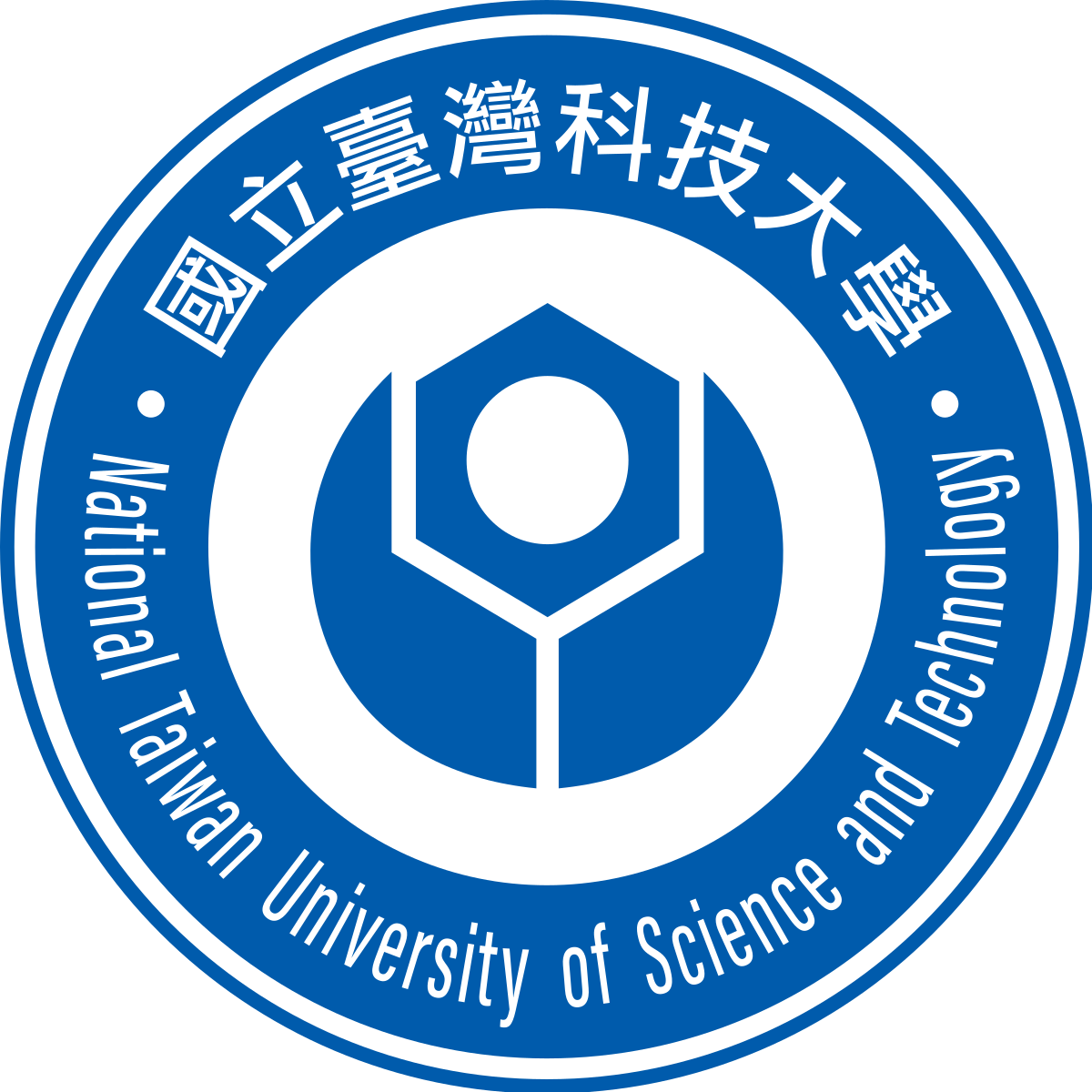Mobile Computing and Networking Lab
Research Field
Professor Tai-Lin Chin leads research projects on various topics in mobile and wireless networks, cloud computing, and sensor networks. His research group has also started working in the area of intelligent computing based on machine learning and artificial intelligence technologies. Recently, he worked with Central Weather Bureau in Taiwan and has successfully built a real-time earthquake early warning system using the developed intelligent computing techniques.
Since 2007, he has been with the Department of Computer Science and Information Engineering at National Taiwan University of Science and Technology, where he is currently a Professor.
A variety of research projects have been conducted in the research group, from wireless networking, cloud computing, to Internet of Things. Recently, the major research projects have focused on the following topics:
- Service management and Load Balancing for Edge-Cloud Federation
The advance of technologies has created many new applications, such as mobile computing and the Internet of Things (IoT), which also generate the requirements for faster computing speed and reduced response time. However, most mobile or IoT devices equip only limited computing capability and cannot provide adequate response time for many applications. Offloading the jobs to cloud servers and acquiring results with the assistance of cloud computing provides a solution for high-speed computing requirements. Nevertheless, cloud servers are usually far from the users and may increase communication time. Deploying edge servers that are closer to the users provides a potential way to resolve the problem of high communication latency for job offloading. The deployment of edge servers and job allocation for the edge servers can dramatically reduce computation latency and improve user experiences. This project investigates the problem of edge server placement and load balancing for task offloading in edge computing networks.
- Real-time Earthquake Monitoring in Taiwan Based on Artificial Intelligence Technologies
Earthquakes occur frequently in Taiwan since it is located at the junction of the Eurasian plate. In the past, many large-scale earthquakes have caused serious disasters. An effective way to reduce losses caused by earthquakes is to provide early warns. This project investigates the problem of detecting and locating earthquakes at the early stage of events and uses artificial intelligence technologies to predict the maximum ground shaking at a target area. The developed schemes are envisioned to further reduce the earthquake warning time.
- Earthquake early warning, earthquake detection, and magnitude prediction by artificial intelligence technologies
- Resource deployment and scheduling for cloud and edge networks
- Resource allocation and load balancing for Internet of Things networks
- Encrypted cloud data search and artificial intelligence-based information retrieval
- Target detection in sensor networks
- Resource management in software defined networks
- Mobile computing, parallel processing, and wireless networks
First place in the 2021 Capstone project competition of the Department of Computer Science and Information Engineering at Taiwan Tech..
- Ph.D. University of Wisconsin-Madison, USA, 2006
- M. S. University of Wisconsin-Madison, USA, 2004
- B. S. National Chiao-Tung University, Taiwan, 1995
